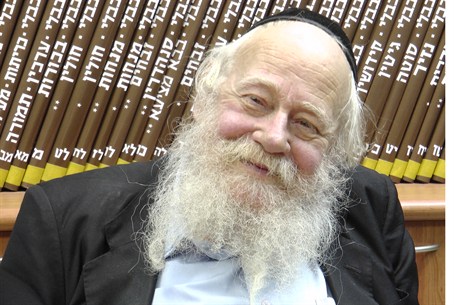Let us take as an illustration the frequent instance of a worrisome thought, not necessarily anything sinful or objectionable.
It turns up at the very moment one stands up to pray.
And, indeed, there are all too many reasons why it should happen in this precise, frustrating manner.
One brushes the worry aside; it returns with increased force.
One makes a more sincere effort, and one may even succeed in concentrating for a moment on the words of the prayer, only to have the worry rush in like a flood, overwhelming one completely.
The problem obviously is not the thought itself, but the energy behind it.
And the advice is to discharge it, somehow or other to nullify its fury.
A joke is sometimes appropriate–humor can bring peace of mind when seriousness fails.
And there have been great rabbis who always began their studies or lectures with a joke, in order to put themselves and their listeners into the proper frame of mind for awesome truths.
And it has been found by many that, by far, the best cure for heartache is the sudden impact of the grotesque.
There is the story-one of the innumerable stories of the prophet Elijah’s sojourns among men-of the prophet finding himself in a marketplace full of people.
One of the local elders approached him and asked: “Who, of all those here, belongs to Heaven?”
Elijah looked around and said, “No one, as far as I can see.”
Just then two more people, strangers, entered the marketplace.
Elijah pointed to them and said, “These two are among those that belong to Heaven.”
The elder then inquired who they were, and it turned out they were clowns, jesters who earned their living by making people laugh.
–Rabbi Adin Steinsaltz

